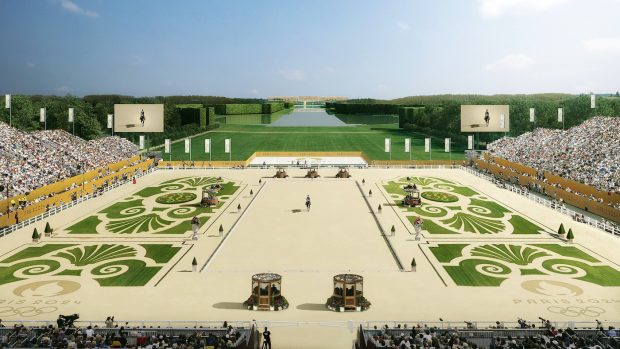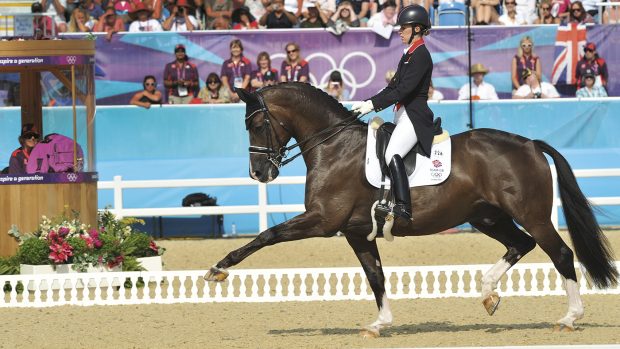This year marks the 70th anniversary of the 1948 London Olympics, and things look a little different today than they did during those historic Games...
What and where?
London Olympics, 1948 at Wembley Stadium in London and Aldershot military complex (Tweseldown) in Hampshire.
What happened?
This summer will mark 70 years since London hosted the 1948 Olympic Games — with the showjumping competition being held at the Olympic stadium, the Empire Stadium at Wembley (pictured below) and the eventing and dressage being held at the military complex in Aldershot, around 40miles from Wembley.
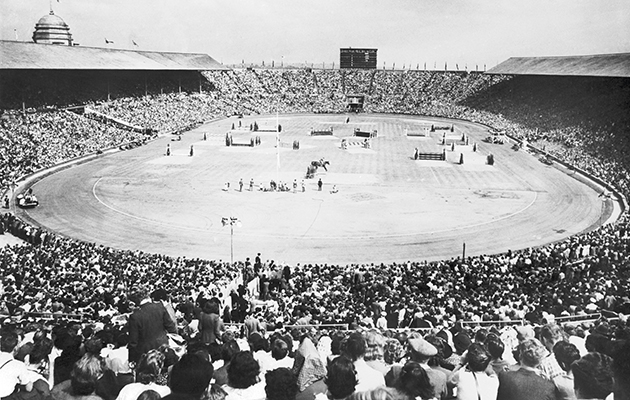
Taking place just three years after the end of World War Two meant that there was no German team and all the Eastern European countries stayed away. It was the first Games to be shown on national television (although only a minority of the British public owned a TV), but for two shillings sixpence equestrian fans could buy the British Horse Society’s eight-page brochure, “Notes on the equestrian events at the Olympic Games 1948”.
The showjumping
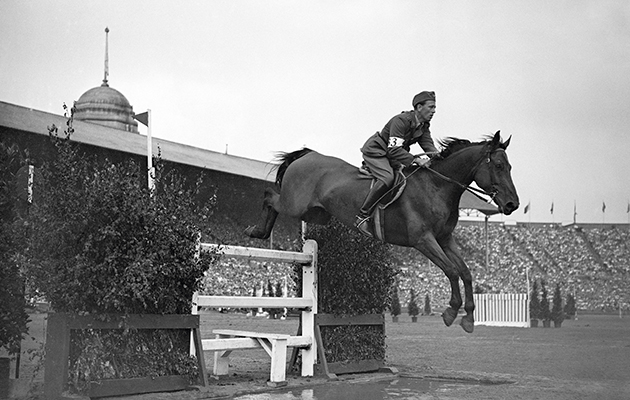
Forty-four riders from 15 nations took part in the jumping competition, with Mexico’s Humberto Mariles taking the individual gold. While Mexico also took the team gold, the British team made up of Harry Llewellyn (pictured below training for the Games), Henry Nicoll and Arthur Carr finished with the bronze.
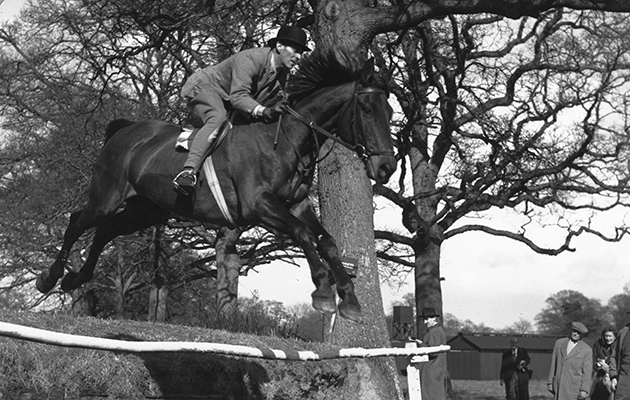
The eventing
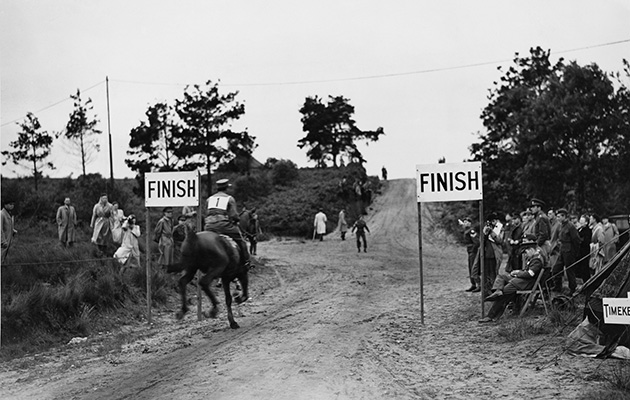
The eventing took place at Tweseldown, which was where Queen Victoria had had her racecourse, and which is still a current venue for British Eventing. Forty-five riders took part from 16 nations — but the results were not as Britain might have hoped for, finishing out of the medals. Their disappointing performance is said to have spurred on the Duke of Beaufort to start Badminton Horse Trials in 1949, with the hope that it would give British riders the chance to train for international events.
Continued below…

From the Badminton Horse Trials archives: watch when Mary King won her first title in 1992

The amazing moment 14.2hh Stroller won the Hickstead Derby
We rewind the clock 52 years to 1967 when the pint-sized Stroller clinched the Hickstead Derby title...
The dressage
Due to the difficulties of training dressage horses during the war years, the FEI decided to reduce the programme to 13 minutes, did not ask for passage and piaffe and the number of judges was also reduced from five to three. Switzerland’s Hans Moser took the individual gold, with France taking the team medal and Britain finishing out of the medals.
For all the latest equestrian news and reports, don’t miss Horse & Hound magazine, out every Thursday

